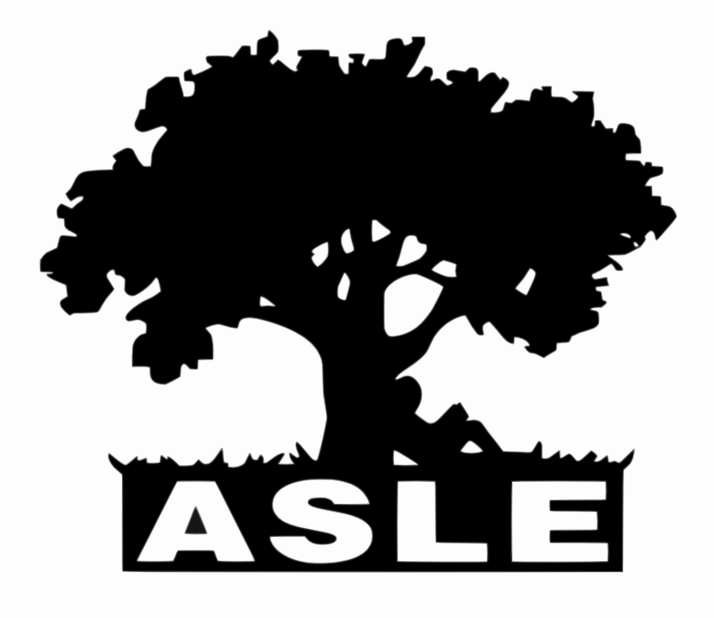|
Seminars and Workshops page
A rapidly evolving mix of old and new media technologies is reshaping the way many of us experience, conceptualize, represent, and defend our life-worlds. This seminar aims to explore the new territory beyond ASLE's traditional focus on print-based media, bringing together scholars working on historical, theoretical, and practical questions surrounding the prospects and the limitations of technological mediation of environmental discourse.
Questions
The precise boundaries of the seminar will ultimately be determined by the participants, but possible questions might include some like the following:
- How are new media texts reshaping the ways we conceptualize and/or represent concepts like nature, environment, ecology?
- What should we make of the widespread use of ecological terms and concepts in discourse about the internet?
- What are the effects of digitization and decentralization on environmental cinema and documentary projects?
- What is the status and utility of computer models of environmental systems, and what are the alternatives?
- How can GoogleEarth and other public-access cartographic tools be used to provide new modes of environmental education, activism, entertainment, surveillance, and even narrative?
- How should one describe the ecospace produced by social networking and scholarly archiving internet sites?
- What are the most effective pedagogical strategies for engaging students who are technologically insulated from their natural environments?
- Are there important lines of division or points of agreement between eco-resistance through technology and eco-resistance to technology?
Bibliography
In order to prime our collective neurological pump, seminar participants will be asked to read a handful of critical and practical articles. The final reading list is subject to participant amendment, but might be drawn from some of the following:
- Alison Anderson, from Media, Culture and the Environment (New Brunswick: Rutgers UP, 1997)
- Sean Cubitt, from EcoMedia (Amsterdam: Rodopi, 2005)
- Kevin DeLuca, Image Politics: The New Rhetoric of Environmental Activism (NY: Guilford Press, 1999)
- Finis Dunaway, from Natural Visions: The Power of Images in American Environmental Reform (Chicago: The University of Chicago P, 2005)
- Ursula K. Heise, from Sense of Place and Sense of Planet: The Environmental Imagination of the Global (NY: Oxford UP, 2008)
- David Ingram, from Green Screen: Environmentalism and Hollywood Cinema (Exeter: University of Exeter, 2004)
- Akira Lippit, from Electric Animal: Toward a Rhetoric of Wildlife (2000; Minneapolis: U of Minnesota P, 2008)
Participants may also want to explore some web-based phenomena such as:
Seminar Leaders
Andrew Hageman is a doctoral student in the English Department at the University of California, Davis, pursuing his degree with a designated emphasis in Critical Theory. His current research focuses on ecocriticism in a posthumanities context by analyzing the intersections of ecology, technology, and ideology in twentieth and twenty-first century literature and cinema. His essay "The Uncanny Ecology of David Lynch's Mulholland Drive" was published in the June 2008 issue of the online journal Scope, and his chapter "The Cinematic Confluence of Ecological Aesthetics in Suzhou River" is included in the forthcoming collection, Chinese Ecocinema: Nature, Humanity, Modernity.
Michael Ziser is Assistant Professor of English at the University of California, Davis. His scholarly fields include American literature before the Civil War, American natural history and agricultural writing through the present day, and ecocritical theory. He is the author of articles on the early American naturalists Thomas Nuttall, Constantine Rafinesque, and Alexander Wilson; Thoreau's Walden; early American writing about tobacco; Lacan, Poe, Audubon, and Zoosemiotics; and the literary dimensions of early New England apple culture. His current book project is Continent Ajar: Environmental Practice and Early American Writing. A future ecocritical project involves the co-development of comparative psychology (animal and human) and early media theory.
Seminars and Workshops page
|
|
|



